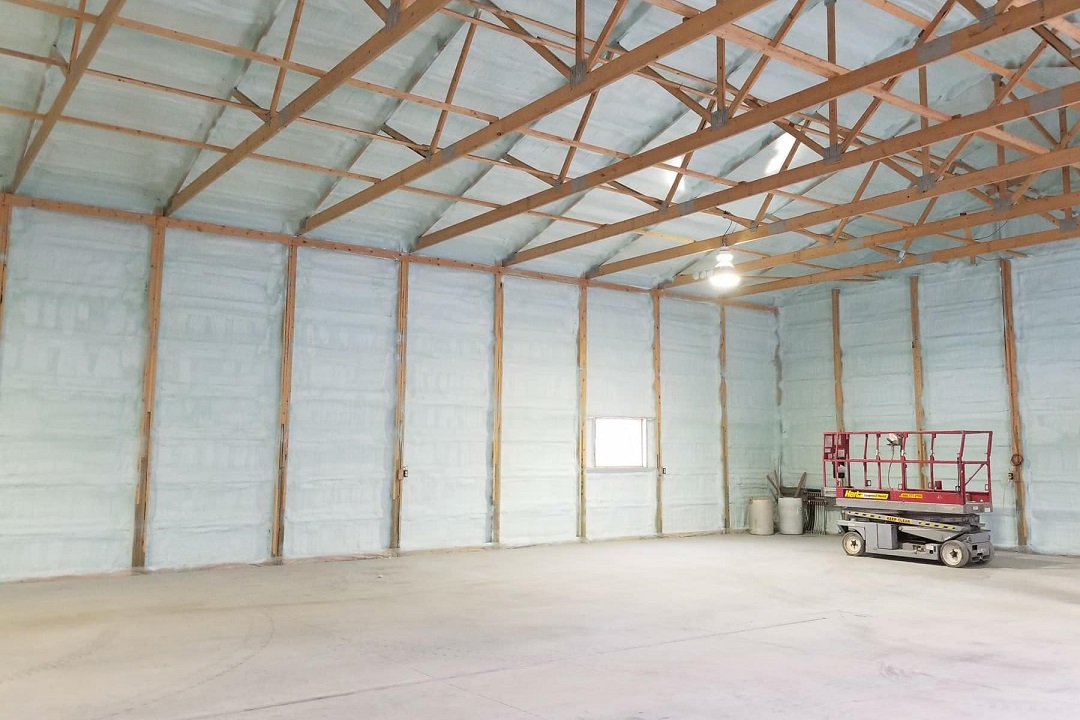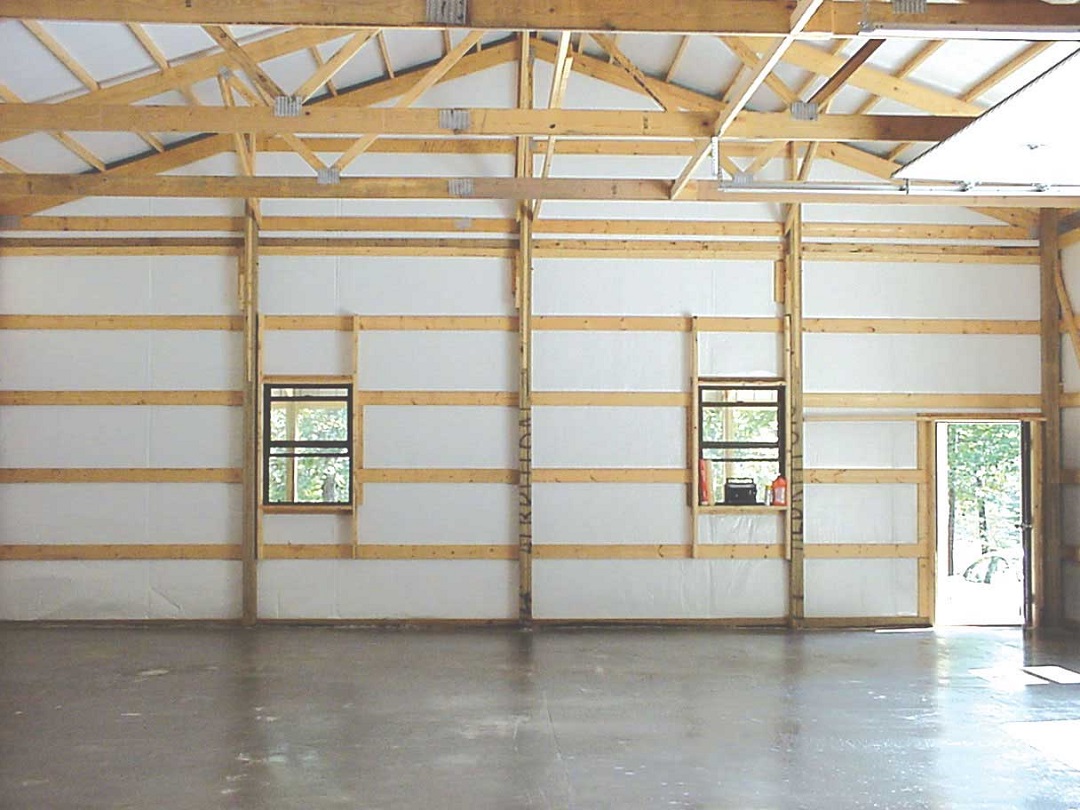Is it worth insulating a barn? The answer to this question depends on various factors, including the barn’s purpose, location, and your specific needs and preferences. Let’s explore the considerations involved in determining whether insulating a barn is worthwhile.
Climate:
If you live in an area with extreme temperatures, insulation can help regulate the indoor climate of your barn. In colder climates, insulation can prevent heat loss and keep the interior warm, while in hotter regions, it can help keep the barn cool by blocking out heat from the sun.
Livestock Comfort:
If you use your barn to house livestock or pets, insulating it can provide a more comfortable environment for them. Insulation helps maintain stable temperatures, reducing the risk of heat stress in the summer and keeping animals warm during winter months.
Energy Efficiency:
Insulating a barn can lead to significant energy savings over time. By reducing heat transfer through walls and roofs, insulation helps lower heating and cooling costs associated with maintaining a comfortable temperature inside the barn.
Condensation Control:
Insulation can also help prevent condensation from forming inside the barn, which can lead to moisture-related issues such as mold, mildew, and rot. Proper insulation and ventilation work together to control humidity levels and promote a healthier indoor environment.
Protecting Stored Items:
If you use your barn for storage purposes, insulation can help protect stored items from temperature fluctuations and humidity. This is particularly important for sensitive items such as equipment, tools, and agricultural products.
Increased Property Value:
Insulating your barn can enhance its overall value and appeal, especially if you plan to sell your property in the future. Potential buyers may view an insulated barn as a desirable feature that adds functionality and versatility to the property.
Year-Round Use:
Insulating your barn allows you to use it comfortably throughout the year, regardless of the weather conditions outside. Whether you’re working on projects, caring for animals, or hosting events, insulation ensures a more pleasant and functional space.
While there are clear benefits to insulating a barn, it’s essential to weigh these against the associated costs and your specific needs. Insulation installation can be a significant investment, particularly for larger structures, so it’s crucial to assess whether the potential advantages align with your goals and budget.
FAQs (Frequently Asked Questions)
1. How much does it cost to insulate a barn?
The cost of insulating a barn depends on various factors, including the size of the structure, the type of insulation material used, and labor costs in your area. On average, expect to pay anywhere from $1 to $3 per square foot for insulation installation.
2. What type of insulation is best for a barn?
The best type of insulation for a barn depends on factors such as climate, budget, and specific requirements. Common options include fiberglass batts, spray foam insulation, and rigid foam boards. Consult with insulation professionals to determine the most suitable option for your barn.
3. Can I insulate my barn myself, or should I hire a professional?
While some DIY enthusiasts may choose to insulate their barns themselves, hiring a professional insulation contractor is often recommended. Insulation installation requires expertise to ensure proper coverage and effectiveness, particularly in larger or more complex structures.
4. Will insulating my barn increase my property taxes?
The impact of insulating your barn on property taxes varies depending on local regulations and assessment practices. In some areas, improvements that increase property value, such as insulation installation, may result in higher property taxes. However, energy-efficient upgrades may also qualify for tax incentives or rebates.
5. Can I add insulation to an existing barn?
Yes, it is possible to add insulation to an existing barn. Retrofitting insulation involves assessing the current structure, selecting appropriate insulation materials, and installing them according to industry standards. A professional insulation contractor can provide guidance on the best approach for your specific barn.







